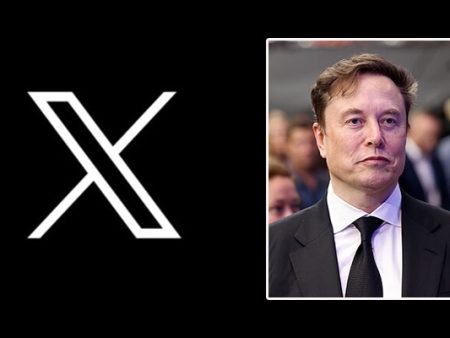The latest report from Yield Sec shows that unlicensed operators dominate the EU market. It reveals the extent of illegal gambling across Europe. According to the EU 27 Europe: Online Gambling Marketplace 2024 study, unregulated firms captured 71% of gross gaming yield (GGY) across the 27 EU member states. They generated €80.6 billion out of an estimated €114.3 billion market.

In contrast, licensed operators—regulated and subject to tax and compliance obligations—represent 29% of the market. They accounted for just €33.6 billion.
The report warns that the quick growth of illegal platforms is making a crisis for regulated gambling industry of Europe, government revenues and consumer safety. 92% of all gambling-related content viewed by EU consumers originated from unlicensed operators in the previous year. This visibility led to widespread engagement. During the year, 81 million Europeans—18% of the population—interacted with illegal gambling services.
The financial impact is severe. Yield Sec estimates that EU governments lost €20 billion in tax revenue last year as illegal operators outpaced their regulated counterparts. For every €1 earned by a licensed operator, unlicensed competitors made €2.40. The report describes this as a “Jenga tower” imbalance, where tighter rules on regulated firms inadvertently strengthen their illegal rivals.
The surge in black-market gambling coincided with high-profile sporting events, including the European Championships and the Olympic Games. These events provided opportunities for illicit platforms to thrive. Paired with unauthorized live broadcasts to attract bettors, these operators used aggressive marketing tactics. These include bonuses far exceeding legal limits.
Moreover, unregulated companies exploited cryptocurrency gambling, prediction markets, and social media platforms like TikTok, Twitch, and Instagram. Some employed fake reviews, national flags, bank logos and even deepfake technology to make celebrity endorsements, deceiving consumers more.
Yield Sec is calling for coordinated efforts between governments, regulators, and industry stakeholders. These efforts should focus on detecting and dismantling illegal networks, implementing strict monitoring, and enforcing penalties.


